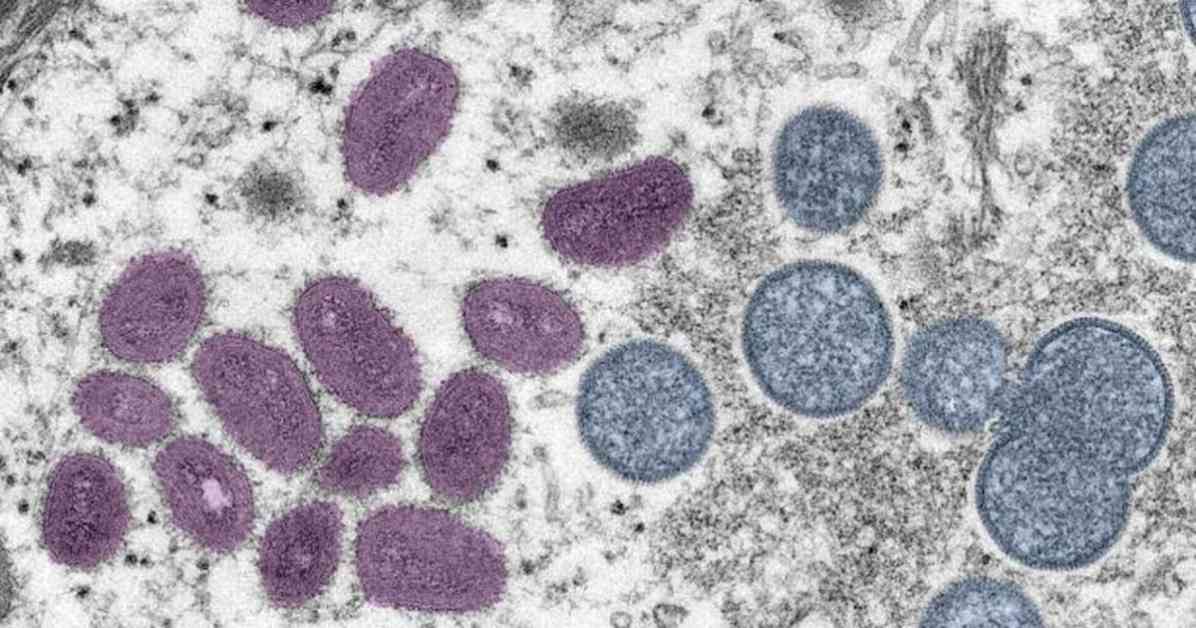The World Health Organization (WHO) has recently declared a global health emergency due to a concerning upsurge of mpox, also known as monkeypox, in various countries across Africa. The WHO has expressed worry over the potential spread of this infectious disease beyond the borders of the African continent and has called for a coordinated global response to halt the outbreaks and prevent further escalation. This declaration of a public health emergency of international concern (PHEIC) comes in light of the rapid spread of a new clade of mpox in the eastern Democratic Republic of the Congo (DRC) and the subsequent appearance of cases in neighboring countries.
Dr. Tedros Adhanom Ghebreyesus, the Director-General of WHO, emphasized the urgency of the situation, stating, “The emergence of a new clade of mpox, its rapid spread in eastern DRC, and the reporting of cases in several neighboring countries are very worrying. On top of outbreaks of other mpox clades in DRC and other countries in Africa, it’s clear that a coordinated international response is needed to stop these outbreaks and save lives.”
In the United Kingdom, there have been 3,822 reported cases of mpox since 2022, according to government data. The National Health Service (NHS) has provided guidance on how individuals can identify and respond to mpox symptoms. It is important to note that mpox is transmitted through close physical contact with infected individuals, including through sexual contact, kissing, cuddling, holding hands, or touching items contaminated with mpox blisters or scabs. Additionally, exposure to the respiratory secretions of an infected person through coughs or sneezes can also lead to transmission.
Symptoms of mpox typically manifest between five and 21 days after exposure to the virus. Initial signs may include a high temperature, headache, muscle aches, backache, swollen glands, shivering, exhaustion, and joint pain. A rash usually appears within one to five days after the onset of other symptoms, starting on the face before spreading to other parts of the body. The rash consists of raised spots that develop into fluid-filled blisters, which eventually form scabs and fall off.
It is essential for individuals to seek medical attention if they experience a rash with blisters, anal pain, or bleeding from the rectum, especially if they have been in close contact with someone diagnosed with mpox or have traveled to regions in central or west Africa where the disease is prevalent. Contacting a sexual health clinic or GP for guidance is recommended in such cases, and individuals should refrain from close contact with others until they receive medical advice.
Preventive Measures and Guidelines
To reduce the risk of contracting mpox, following preventive measures and guidelines is crucial. The NHS advises individuals to wash their hands regularly with soap and water, especially after coming into contact with an infected person or contaminated items. Avoiding close physical contact with individuals who have mpox symptoms, such as blisters or scabs, is also important in preventing transmission.
Furthermore, practicing safe sexual behaviors, such as using condoms and limiting sexual partners, can help reduce the risk of mpox transmission. It is recommended to refrain from sharing towels, bedding, or clothing with an infected individual and to maintain good hygiene practices to prevent the spread of the virus.
Seeking Medical Assistance
If you suspect that you or someone you know may have contracted mpox, it is essential to seek medical assistance promptly. Contacting a healthcare provider, such as a GP or sexual health clinic, can help in diagnosing the condition and providing appropriate treatment. Individuals should disclose any recent travel history to regions where mpox is prevalent and inform healthcare professionals of any close contact with infected individuals.
Parents and caregivers should be vigilant in monitoring children for symptoms of mpox, such as a rash with blisters, and seek medical advice if necessary. Keeping children at home and avoiding close contact with others until they receive guidance from a healthcare professional is crucial in preventing the spread of the disease.
In the event of a suspected mpox infection, individuals are encouraged to call their GP or NHS 111 for advice if they are unable to reach a healthcare provider. By following the recommended guidelines and seeking timely medical assistance, individuals can help contain the spread of mpox and protect their health and the well-being of others.
In conclusion, the declaration of a global health emergency by the WHO underscores the severity of the mpox outbreaks and the urgent need for international cooperation to address the situation. By raising awareness about the transmission and symptoms of mpox, individuals can take proactive measures to protect themselves and prevent the spread of the virus. Adhering to preventive guidelines, seeking medical assistance when needed, and practicing good hygiene are essential steps in mitigating the impact of mpox and safeguarding public health.























